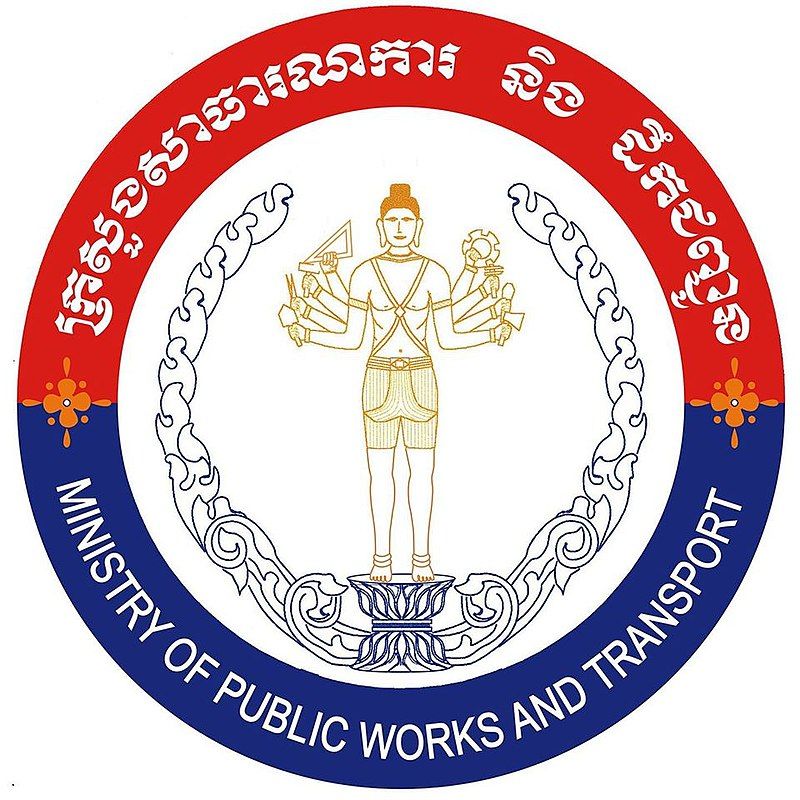Issue Description
Cambodia’s exporting garment and footwear factories employ over 750,000 workers, the majority of whom are women. Unfortunately, thousands of these workers face significant risks to their health and safety as they commute to and from factories each day.
According to the National Social Security Fund (NSSF), there are 4,520 collective transport vehicles providing transportation to more than 200,000 garment and footwear factory workers every day. However, most vehicles currently being used are not authorised to transport passengers, and they are usually old, poorly maintained, and overloaded trucks. Collective transport services are typically informally organised directly between workers and vehicle drivers. These workers are often traveling long distances, standing on the flat bed of trucks, and exposed to the elements. Unsafe road practices, dangerous road environments, and weak enforcement of road traffic laws compound the risk to commuting factory workers’ health and safety. In 2022, according to the NSSF’s reported claims, 156 workers were killed while commuting to and from factories while recording more than 5,158 road accidents, with 1,624 seriously injured and 4,271 slightly injured.
While the Royal Government of Cambodia has taken measures to increase general road safety, such as upgrading the road network and addressing the issues of speeding, helmet use, and other driver behaviours, more needs to be done specifically for factory workers. This need is highlighted by the failures of single initiatives. Factory owners, for example, usually contribute to transportation costs for commuting workers but are rarely involved in organising it, as it happens outside of the factory. Drivers of collective vehicles mostly claim their poor financial conditions to justify their inability to buy new, safer vehicles. Regarding workers themselves, while they almost unanimously would like to improve their transport conditions, they are not willing to spend more money on proper bus tickets (costs are higher as each bus would accommodate fewer passengers). Due to manpower constraints, provincial and traffic police officers cannot enforce road safety everywhere and are forced to allow this unsafe practice to continue. Also, some roads, particularly those surrounding suburban factories, remain badly maintained, which is an added hazard to drivers.
Addressing the issue of transportation for garment factory workers requires a multi-stakeholder approach. It will require the involvement of factory owners, drivers, workers, the government, and other stakeholders to develop and implement effective strategies that promote safe and affordable transportation services. By working together, it is possible to improve the health and safety of commuting factory workers in Cambodia.
Impact on business
The lack of comprehensive policy measures to ensure road safety for Cambodian garment factory workers can have several negative impacts. Workers who are forced to commute in unsafe vehicles and conditions face a high risk of injury or death, which can result in significant economic and social costs. Workplace absenteeism and turnover rates may increase due to injuries or deaths, resulting in reduced productivity and increased costs for garment factories. Moreover, families of workers who are injured or killed in road accidents may face significant financial and emotional burdens, leading to increased poverty and social inequality.
Furthermore, the lack of road safety measures can perpetuate gender inequality and other forms of discrimination, as the majority of garment factory workers are women. Women, who often have caregiving responsibilities, may be particularly vulnerable to the negative impacts of road accidents. The lack of safe transportation options may also limit career opportunities for women, as they may be less likely to take jobs in factories that are located far from their homes or require a long commute.
Recommendation
- Establish a licencing regime to improve the road safety standards of collective transport vehicles for garment workers.
We therefore respectfully recommend that the Royal Government of Cambodia, through relevant authorities, consider establishing an ad-hoc licencing regime aimed at improving the road safety standards of collective transport vehicles. The regime would include provisions such as:
- An official licence specifically to drive collective transport vehicles;
- Certification processes, including physical and psychological tests;
- Trainings on safe practices (capacity building);
- A database of safe vehicles (with regular inspections and upgrades).
This regime would serve as a public resource for vulnerable and high-need communities, such as Cambodia’s garment factory workers who rely on collective transport, to have a network of safe drivers and vehicles to choose as their mode of transport to commute to-and-from work. Through this system, workers would be able to identify safe commuting options. Alternatively, drivers certified through this regime would also gain the competitive advantage of legal recognition and promotion as a safe commuting option for workers.
The licencing regime can be adopted as a model for factories looking to gain a competitive advantage by offering a safer job, including a safe method of commuting to work, and perception as a proactive employer in occupational health and safety. By encouraging greater occupational health and safety, and empowering disadvantaged communities, this provision would ultimately help improve the sustainability of the garment sector in Cambodia.
Royal government of Cambodia
EuroCham Cambodia included this issue within the White Book 2024 Edition (Recommendation No. 39). This issue was raised in front of two ministries. The first one was on the 16th of November 2023 in front of the Ministry of Labour and Vocationnal Training and the second one, on the 24th of January 2024 in front of the Ministry of Public Works and Transport.

H.E. Heng Sour, Minister of Labour and Vocationnal Training, acknowledged the importance of the issue at the occasion of the courtesy call between EuroCham and the MoLVT on the 16th of November 2023. His Excellency stressed that to better tackle this issues, every aspects must be considered (liability, affordability, time management, costs etc).
H.E. Leng Thunyuthea, Secretary of State, Ministry of Public Works and Transport, during a courtesy call on the 24th of January 2024, also acknowledged the importance of this issue and the necessity to find a solution at the inter-ministerial level.
National Counterparts

Ministry of Public Works and Transport

Ministry of Labour and Vocational Training

